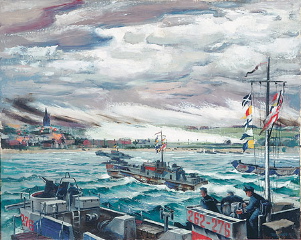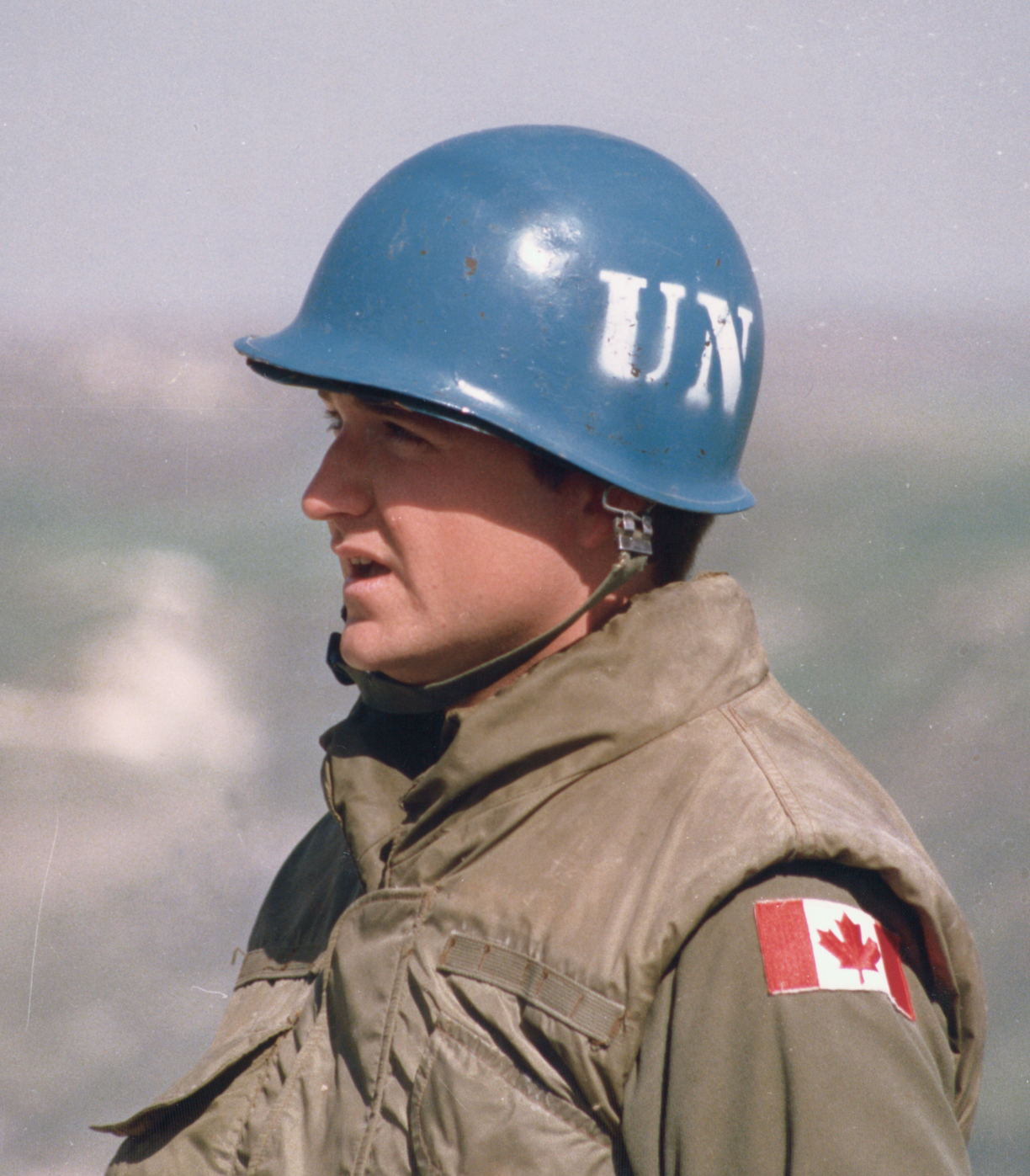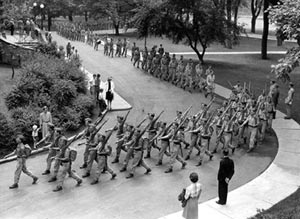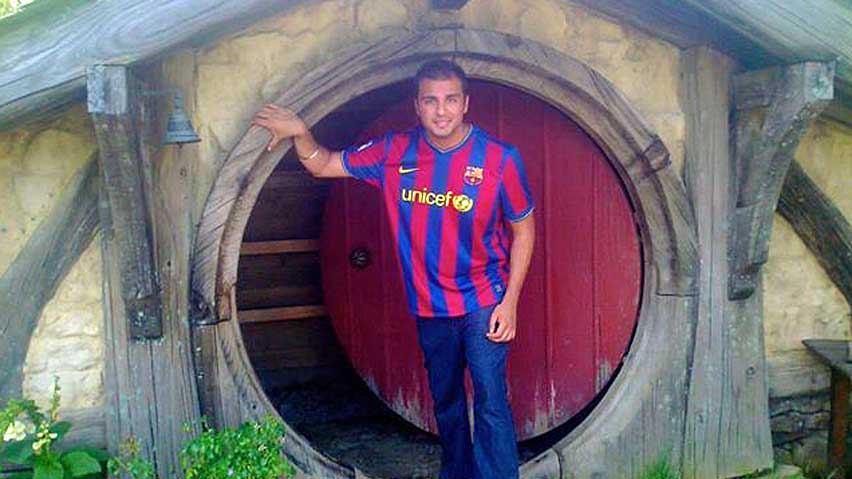This article is the first installment of a two part series on The Canadian Officers’ Training Corps Programme.
[captionpix align=”left” theme=”elegant” width=”320″ imgsrc=” http://natoassociation.ca/wp-content/uploads/2013/04/COTC-pic1.jpg” captiontext=””]
McGill University hosted Canada’s first officer training program in 1912. The program was an offspring of its British counterpart that flourished in the United Kingdom during 1900s. British Secretary of War Richard Haldane, the program’s architect, wanted to expand the spirit and ethos of military training beyond its traditional class boundaries. Previously, the privilege of becoming an officer was reserved for the landed aristocracy and working professionals, a relatively small pool of potential prospects. Haldane’s reasoning was simple: if the British Empire was going to maintain its overseas colonies, an enthusiastic young contingent of officers was required. Thus, the birth of Canada’s Officers’ Training Corps was built with distinctly imperial tools. This attitude aligned nicely with several McGill faculty members such as William Peterson and legendary humourist Stephen Leacock, who both shared an ardent militarism for Canada’s youth. Dr. Auckland Geddes, the Scottish-born Department Chair in Anatomy, was enamored with the program and argued for universal military training for all students.
With a rifle range on campus since 1903, McGill hosted British army officers who arrived in 1907 to teach courses on military engineering. Incentives for incoming students were widely available from 1909 onwards. Canada’s High Commissioner Lord Strathcona donated $250,000 in prizes to promote physical and military training. An enormous amount of money for the time, Strathcona’s message to young was clear: it paid to become an officer. Those individuals who completed three years training were promised British Army positions as 2nd lieutenants, with full lieutenancy after the 4th year.
After the Great War, the Canadian mood changed. The sight of bandaged veterans returning home from European battlefields convinced the public that trench warfare was not an acceptable solution to political problems. New radical voices, from Christian to feminism to pacifism, denounced military training and its values. Despite these calls, the COTC survived. All contingents revived their programs and most units were fully operational during the inter-war years. Remarkably, the COTC received support from every university in the country, even in Quebec where fighting “English Canada’s wars” lacked broad popular support.
During this time, universities received government funding for supporting the COTC and used this money for improving their campus facilities. According to COTC researcher Daniel Thomas Byers, the program fulfilled its intended goals during the interwar years and kept a high standard due to stringent examinations and commissions prepared by the British War Office. As a result, Canada was able to produce high quality officers for the Second World War. Byers argues further that the character of the COTC altered dramatically from 1939 onwards. The revealed horrors of total war-civilian bombing, concentration camps, and long-range rockets-battered the ideological support for the program. While the COTC enjoyed its largest number of participants throughout the mid-1950s, by the 1960s the program lost Ottawa’s attention. Pierre Trudeau’s first Liberal government in 1968 re-ordered defense priorities and cut Canadian Forces (CF) personnel by 20% complimenting a defense budget freeze at $1.8 billion. Trudeau put the hatchet to Canada’s Officers’ Training Corps despite having himself participated in the program while earning his law degree at the Université de Montréal.




